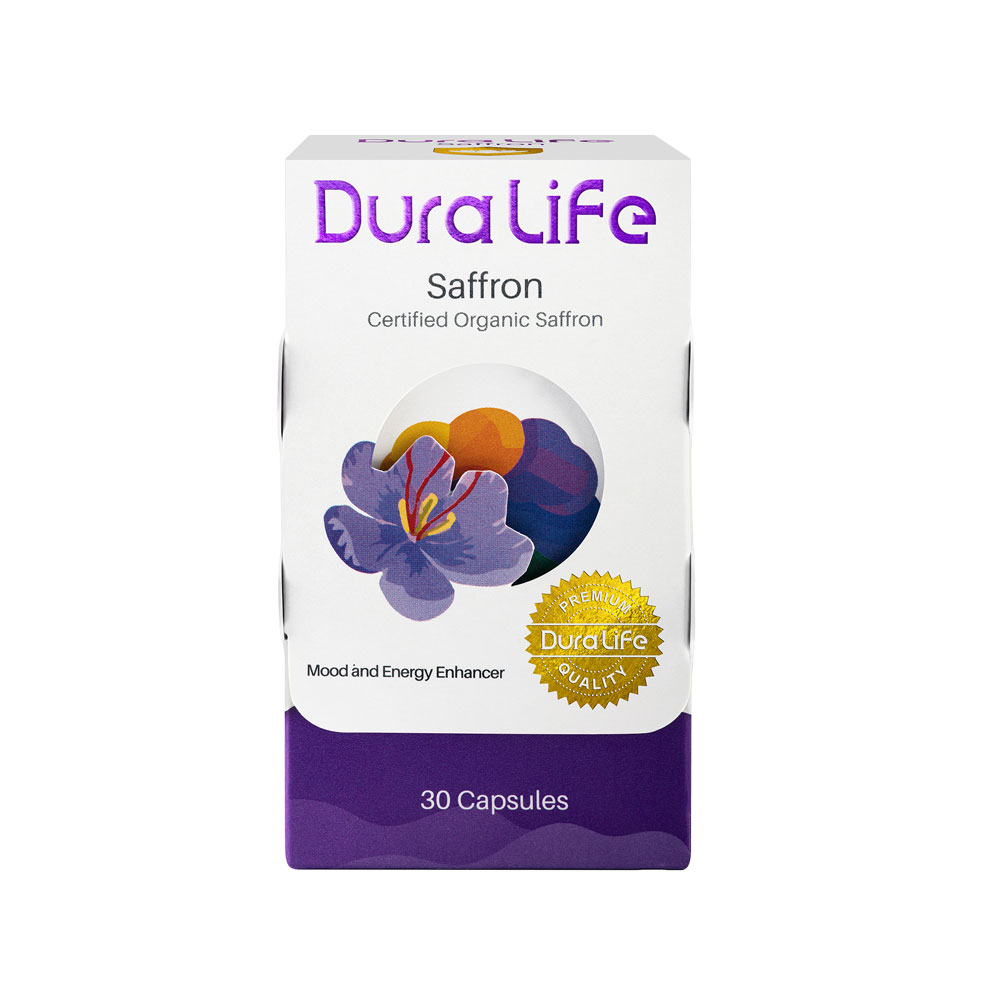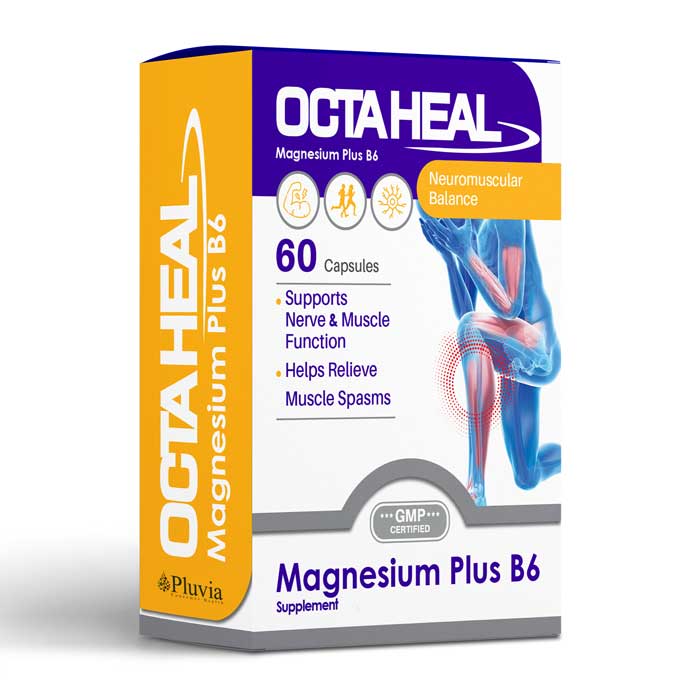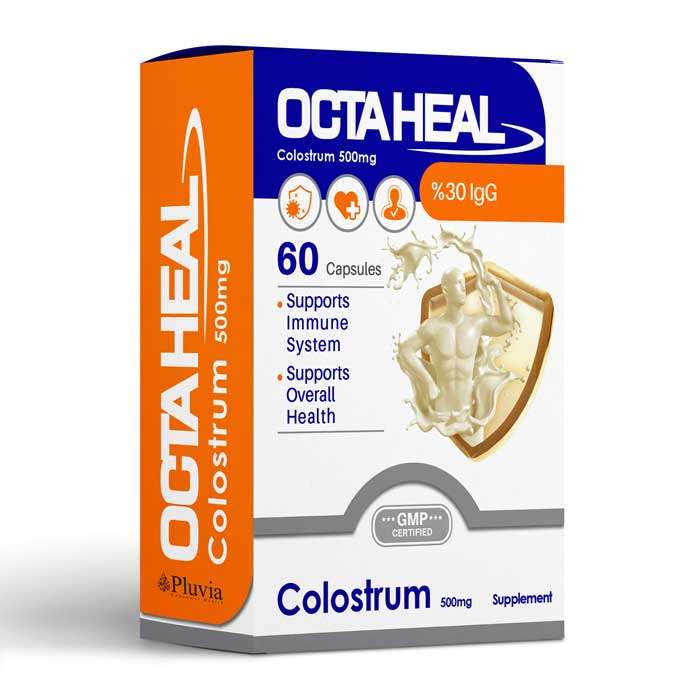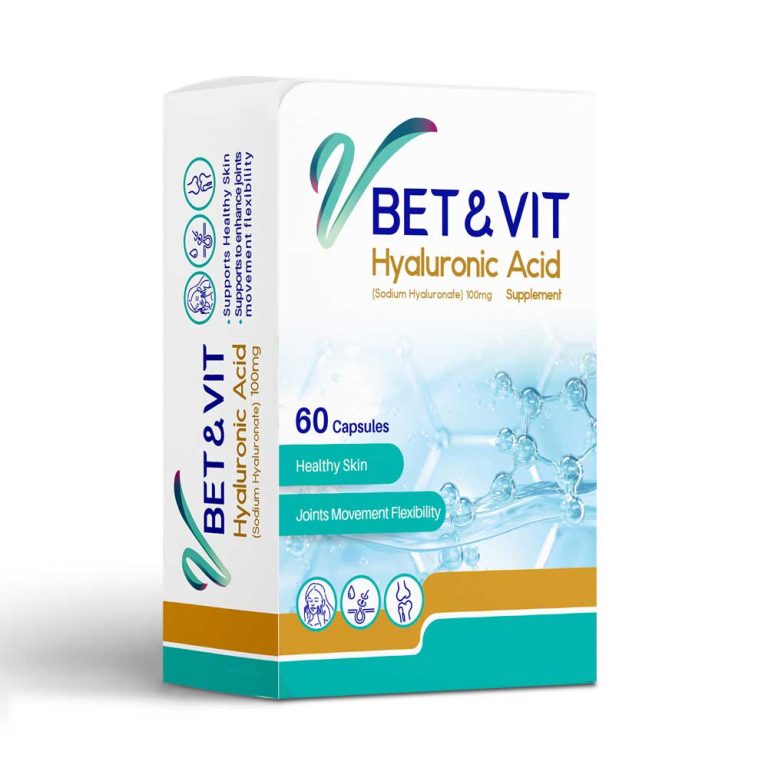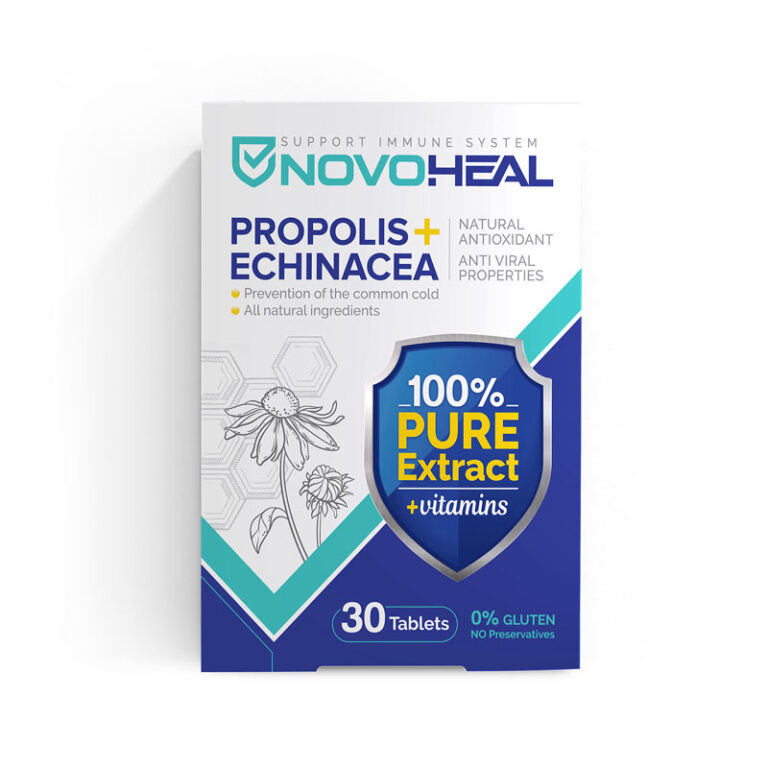Saffron Extract Supplement
Capsule
Saffron Extract: 30mg
30 capsules in a bottle
DuraLife®
Depression is one of the most prevalent psychiatric disorders and has been estimated to affect over 300 million people worldwide, representing about 4.4% of the world’s total population1.
Actual figures are likely to be higher as this rate only includes diagnosed cases with subclinical levels of mood disorders being also highly prevalent.
Among natural products, saffron, produced from the dried stigma of Crocus sativus L., a perennial herb member of the Iridaceae (Iris) family, appears a promising candidate. Saffron stigmas are naturally rich in four major bioactive compounds: crocin, crocetin (the hydrolysis product of crocin), picrocrocin, and safranal and are traditionally used in Asian medicine for many centuries to treat a range of physical ailments including menstrual disorder, inflammation, and depressive symptoms. It appears that saffron extract may exert a mood elevating effect by increasing levels of certain chemicals in the brain including serotonin. Studies indicate its effectiveness in alleviating the symptoms of stress, anxiety and mild depression.
Therapeutic Fields
Antidepressant
Energy Booster
Aphrodisiac Properties
Weight Loss
The Fluoxetine-Like Effect of Saffron
Studies Shown, saffron supplements were significantly more effective than placebos at treating symptoms of mild-to-moderate depression. Taking 30mg of saffron daily was just as effective as Fluoxetine, Imipramine, and Citalopram – conventional treatments for depression. Additionally, fewer people experienced side effects from saffron compared to other treatments.
Saffron in Alzheimer’s Disease Treatment
The Donepezil-Like Effect of Saffron
This randomized triple-blind controlled clinical trial was carried out with 78 students aged 18-35 years and for a period of two menstrual cycles. the two groups had significant differences in terms of changes in the mean severity of PMS over time. Worldwide, Alzheimer’s disease (AD) is the major prevalent neurodegenerative disease related to aging, accounting for 60-70% of overall dementia cases. Currently, there is no trustworthy pharmacological treatment for patients with AD. Several natural compounds and their specific molecular targets appear to slow down the onset of AD, delay the progression of disease, and allow for recovery targeting multiple pathological causes through anticholinergic, anti-inflammatory and antioxidant features and without adverse events.
In vitro and in vivo preclinical studies demonstrated efficacy of saffron in attenuating cognitive impairment in animal models of AD. In particular, crocin appears to be multifunctional in brain cell-protection because it is capable of regulating glutamate levels, reducing oxidative stress, modulating and tau protein aggregation and improving cognitive impairment. The results of studies suggest that saffron may be beneficial to improve cognitive function in patients with AD.
Dosing and Adminstration
One or Two capsules daily, with the main meal and a full glass of water.
Warnings/Precautions
Bipolar disorder: Use with caution in patient with bipolar disorder. Diabetes: Saffron might affect blood sugar levels and cause hypoglycemia; Use with caution in diabetic patient. Surgery: Stop taking saffron at least two weeks before a scheduled surgery. Avoid prescribing more than the recommended amount.
Contraindications
Hypersensitivity to Saffron or any component of the formulation Pregnancy and Breast-Feeding.
Side Effects
Saffron is likely safe in recommended amounts; Nausea or vomiting, Headache and allergic reactions can occur in some people.
Interactions
Medications for high blood pressure: Saffron might lower blood pressure.
We understand the complexities and challenges you face in the healthcare industry. That’s why we’re dedicated to providing innovative solutions and insightful knowledge to help you achieve your goals.
Your input is crucial in helping us understand your needs and deliver the most relevant support:


